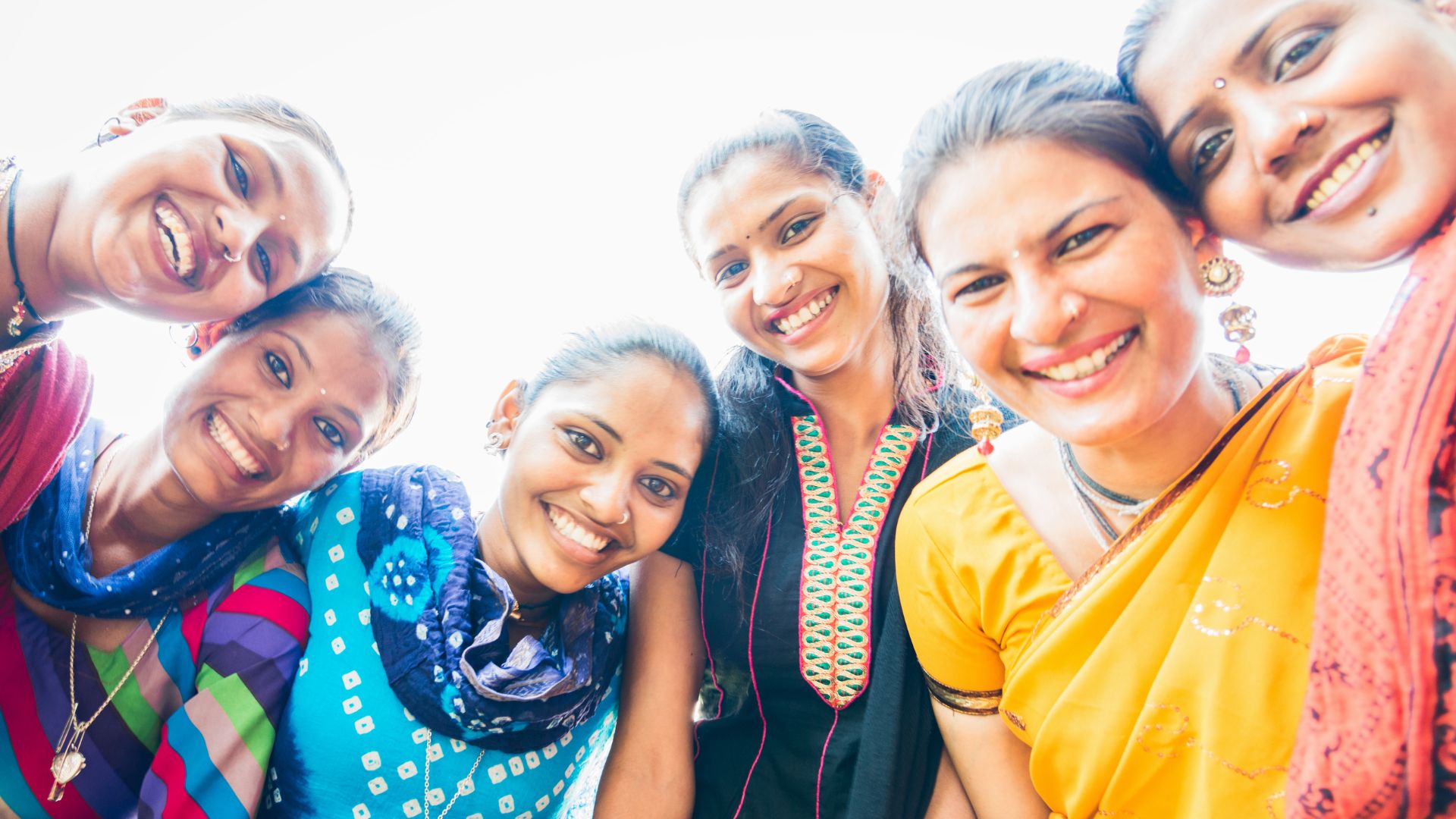Feb 9, 2024
In the vibrant tapestry of South Asian culture, amidst bustling cities and tranquil countryside, lies a profound wisdom deeply rooted in mindfulness practices. From the sacred chants of meditation to the rhythmic flow of yoga, mindfulness has long been interwoven into the fabric of daily life. In this article, we delve into the transformative potential of mindfulness in promoting mental well-being across South Asia, exploring its rich history, practical applications, and enduring significance.
Historical Legacy of Mindfulness:
Mindfulness traces its origins to ancient South Asian traditions, including Hinduism, Buddhism, and Jainism. For example, the practice of "Dhyana" in Hinduism and Buddhism emphasizes the cultivation of focused attention and awareness, while Jainism promotes "Samayika" meditation for self-realization and spiritual awakening. These ancient teachings laid the foundation for contemporary mindfulness practices, inspiring modern practitioners to seek inner peace and self-awareness.
Scientific Foundations of Mindfulness:
In recent decades, scientific research has illuminated the profound impact of mindfulness on mental health and well-being. Studies conducted in South Asia and around the world have shown that regular mindfulness practice can reduce stress, anxiety, depression, and enhance emotional resilience. For instance, a study conducted in India found that participants who completed an eight-week mindfulness-based stress reduction (MBSR) program reported significant reductions in perceived stress and improved emotional well-being.
Mindfulness in Daily Life:
In South Asia, mindfulness permeates everyday rituals and practices, from mindful eating to mindful movement. For example, the practice of "Pranayama," or mindful breathing, is integral to yoga and Ayurveda. Many South Asians start their day with "Surya Namaskar," a sequence of yoga poses performed mindfully to greet the sun and awaken the body and mind. Similarly, the practice of "Vipassana" meditation, rooted in Buddhist tradition, invites practitioners to observe thoughts and sensations with equanimity, fostering deep insight and self-transformation.
Community and Connection:
Mindfulness is not merely an individual pursuit but a communal endeavor, fostering connection and compassion within South Asian communities. For example, in Sri Lanka, the tradition of "Dana" or generosity is often practiced alongside mindfulness retreats, where participants engage in acts of kindness and service to others. Similarly, in India, group meditation sessions known as "Satsang" provide a supportive environment for practitioners to come together, share experiences, and deepen their practice.
South Asian weddings
South Asian weddings are more than celebrations; they are deeply rooted in mindfulness practices that foster community connection and presence. South Asian weddings embody mindfulness principles, uniting couples and their loved ones in shared moments of gratitude and celebration.
Rituals and Ceremonies: South Asian weddings are marked by symbolic rituals like the Mehendi ceremony, where intricate henna designs are applied, fostering mindfulness and connection among participants.
Presence and Awareness: Central to these weddings is the practice of being fully present, exemplified in rituals like the Saptapadi, where couples take seven steps together, focusing on their commitment and future.
Community Connection: Weddings serve as gatherings of family and friends, fostering joy and togetherness. Mindfulness practices, such as group meditation, enhance connection and self-awareness among guests.
Gratitude and Generosity: Traditions like Seva, or selfless service, and the exchange of gifts reflect values of gratitude and generosity, enriching the wedding experience for all involved.
Reflection and Renewal: Rituals like Mangal Pheras provide opportunities for introspection and renewal, reinforcing the significance of the union and the values it represents.
Integration into Mental Health Care:
Recognizing the therapeutic potential of mindfulness, mental health professionals across South Asia are increasingly integrating mindfulness-based interventions into clinical practice. For example, in Nepal, mindfulness-based cognitive therapy (MBCT) has been adapted to address the unique mental health needs of trauma survivors, incorporating elements of mindfulness, cognitive restructuring, and psychoeducation. Similarly, in Bangladesh, mindfulness-based stress reduction (MBSR) programs are being used to support individuals with anxiety and depression, offering tools for self-awareness and emotional regulation.
Challenges and Opportunities:
Despite the growing popularity of mindfulness, challenges persist in fostering widespread accessibility and cultural relevance. For example, in rural areas of South Asia, limited access to trained instructors and resources may hinder individuals' ability to engage in mindfulness practices. Additionally, cultural stigma surrounding mental health and meditation may prevent some individuals from seeking support or participating in mindfulness programs. However, grassroots initiatives, community-led programs, and digital platforms are expanding access to mindfulness practices, bridging gaps and empowering individuals from all walks of life.
In the tapestry of South Asian culture, mindfulness emerges as a timeless thread, weaving together ancient wisdom and modern science in the pursuit of mental well-being. As we cultivate serenity amidst life's ebbs and flows, let us embrace the transformative power of mindfulness to nurture compassion, resilience, and inner peace across South Asia and beyond.

































































